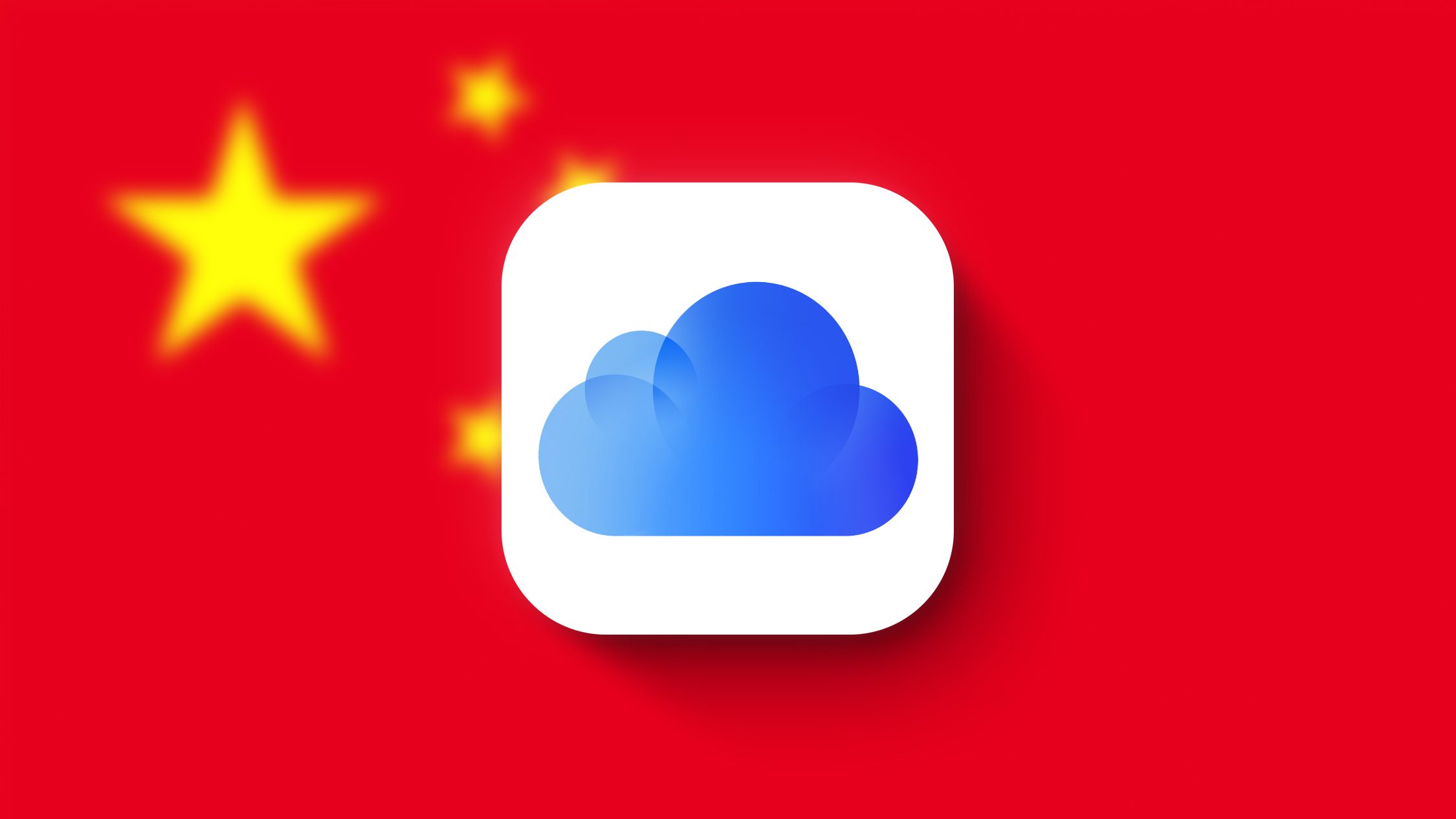What nobody seems to be understanding is that these countries could demand this at any time BEFORE Apple proposed this feature. The tech to do image recognition isn’t *that* new, and matching hashes is simpler.
This feature has NOT enabled what everyone seems to be afraid of. That happened a long time ago, and everyone is using the tech behind it.
As for Apple scanning pics that is about to be uploaded to iCloud, I have NO problem with it. I presume it is illegal for Apple to be storing child porn images on iCloud servers, they have a responsibility to do this if they can.
Well, countries (the US included) have been demanding back doors into devices for quite some time. This is the first time that any company complied with a method that can be extended to defeat any attempt at data encryption.
Microsoft, Google etc. carry out the scan on the server when the file arrives, then they report it to the authorities. The effect is exactly the same and works. The only difference is:
It cannot be extended by a change in the law to track everything you do on the phone, whether you upload the file or not.
It cannot impact the resources on your phone. (And there's something else I hadn't thought about: Microsoft, Facebook and Google run their operations on their own infrastructure; Apple runs its iCloud operations on Microsoft and Amazon servers, so I imagine the cost of running searches on every single photo uploaded to the Photos Cloud must be quite significant in terms of server resources, which Apple will be paying for.)
What I've noticed during these discussions is that an increasingly popular argument is that anyone who is against it must be a pedophile. Which is odd, because the people who're against it often state that they would prefer to have all their files scanned when they're sent to the server, which means the 'you must be a pedophile' argument is rubbish.
While searching for information on server side scanning, I came across articles on Google's DragonFly project. This was a China-only search service that would run would return results palatable to the Chinese government. The problem was that many detractors said it could be used to trace search terms back to users. Now, Google said that there would safeguards, but once their own employees started protesting (loudly) they had no choice but to declare it wasn't something they should be involved in and canned it.
Why? Because they saw the potential for abuse in the future. And this is Google we're talking about here. Google. The same company that we'd be all roasting over an open fire if they stood up and announced they were going to build a scanner into the Android OS and install the hashed values of illegal pornography on every phone.
Sorry, no one here would give Google a free pass on this, even if it is for the children, so I can't give a free pass to Apple, as much as I'd like to.
Apple must comply with the laws of the jurisdictions it operates in, this is totally normal. However, they successfully managed to ward off the US federal government’s pressure to unlock an iPhone of a terrorist suspect. Right? So we cannot really accuse Apple of not protecting our privacy.
If you are concerned that the oppressive governments might use the tech against their own people, why not address this problem at its source? Resist it with political activism and educate people around you. ✌️
Apple may have done well in the US, but they totally caved in China, and will continue to do so, because that's where their phones are made (not the US) and that's where there is still a significant potential for long-term growth (more than the US) – as long as they tread carefully. And by 'treading carefully', I mean
I do protest with political activism, a lot. But it's easy for me to do because I don't live in the countries where the worst abuses of human rights occur on a regular basis. So educating people around me through the occasional talk to groups etc, is not really that hard. In fact the very least I can do is point out when I see a dangerous precedent being set that may have a detrimental affect on the lives of people in other countries in the future.
For some of us, "wait til it actually happens" is not good enough. Bizarrely, it wasn't good enough for Google.


 ). I stopped using iCloud photos and such before the whole csam thing anyway because cost wise it was a waste for me. Was already testing not needing backup or keychain so it doesn’t really bother me much. I said I will probably update to a 13 and I probably still will.
). I stopped using iCloud photos and such before the whole csam thing anyway because cost wise it was a waste for me. Was already testing not needing backup or keychain so it doesn’t really bother me much. I said I will probably update to a 13 and I probably still will.
